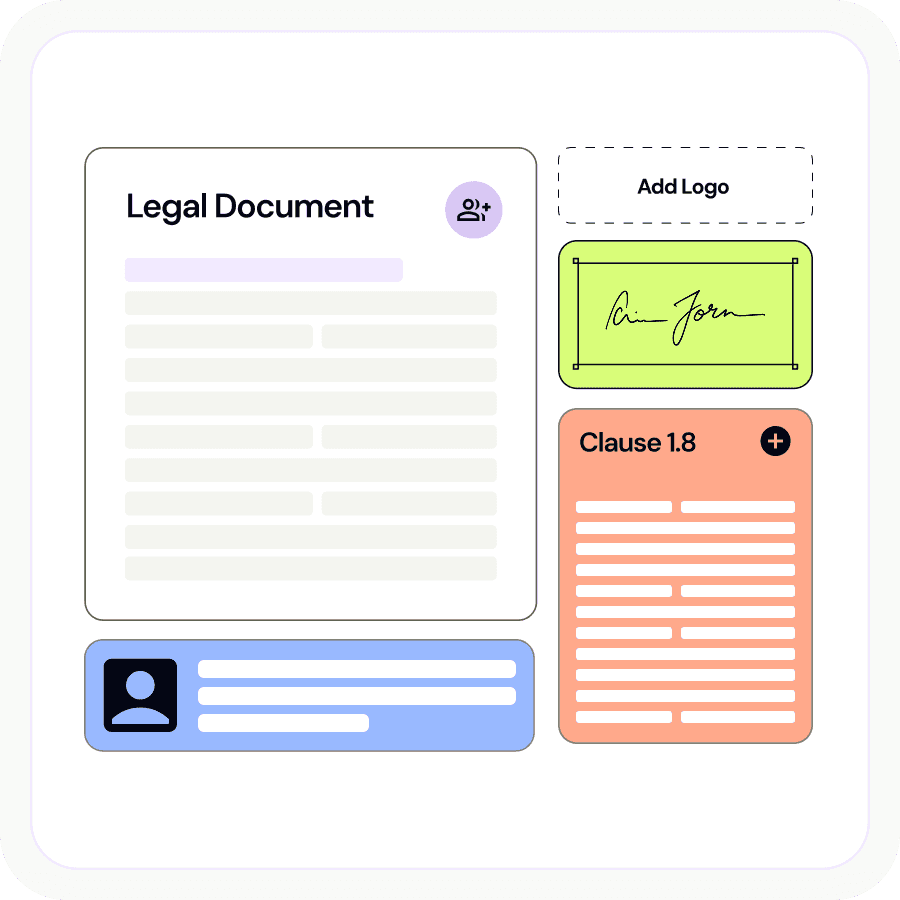The recent legal action against Kmart by the Australian Uyghur Tangritagh Women’s Association marks a watershed moment in Australian corporate accountability. This attempt to hold Kmart accountable for alleged links to Uyghur forced labour in supply chains sends ripples far beyond the retail giant’s boardrooms. Small businesses should be aware of the impact of the modern slavery legal regime into every sector of our economy.
Table of Contents
Australia’s Modern Slavery Act: the current landscape
The Modern Slavery Act 2018 (Cth) requires entities with annual consolidated revenue of $100 million or more to submit annual Modern Slavery Statements. These statements must identify risks of modern slavery in operations and supply chains, detail actions taken to address those risks, and assess the effectiveness of those actions. On paper, this leaves small businesses outside the mandatory reporting regime. However, there are important flow-on effects for small businesses.ents were prepared or gathered, or the completion of the transactions or acts, whichever is later.
Why small businesses cannot afford to ignore modern slavery
1. The Supply Chain Domino Effect
Large corporations subject to the Act are increasingly requiring their suppliers, regardless of size, to demonstrate modern slavery due diligence. Small businesses supplying to major retailers, manufacturers, or service providers often face contractual obligations to:
- Conduct supplier audits
- Provide detailed supply chain mapping
- Implement modern slavery policies
- Submit to periodic reviews
Small businesses may not be in a position to negotiate the extent of these contractual obligations, as their larger counterparts may be legally required to undertake this level of diligence. Furthermore, large businesses will often outsource their modern slavery monitoring to auditors who enforce quite high standards for transparency and monitoring.
Failure to meet these obligation can result in lost contracts and severed business relationships.
2. Reputational Risk in the Digital Age
The Kmart case demonstrates how quickly reputational damage can unfold. In an era of social media activism and heightened consumer consciousness, small businesses linked, even indirectly, to unethical practices may face:
- Consumer boycotts
- Social media backlash
- Loss of brand trust
- Difficulty attracting quality employees
- Challenges securing investment or financing
3. Regulatory Trajectory and Future-Proofing
The criticism leveled at Australia’s modern slavery framework, particularly when compared to stricter regimes in Canada, the US, and EU, suggests inevitable legislative tightening. Small businesses that establish robust systems now will be better positioned when:
- The revenue threshold is lowered
- Penalties are introduced for non-compliance
- Import bans on forced labour goods are implemented
- Due diligence becomes mandatory rather than voluntary
4. Competitive Advantage Through Ethical Leadership
Forward-thinking small businesses are discovering that proactive modern slavery measures can:
- Reduce operational risks
- Differentiate them in tender processes
- Open doors to contracts with ethical procurement policies
- Attract conscious consumers
- Build stronger, more transparent supplier relationships
Practical steps for small businesses
The Kmart case offers valuable lessons for small enterprises:
- Map Your Supply Chain: Understand where your products and services originate, particularly in high-risk sectors like textiles, electronics, and agriculture.
- Implement Supplier Codes: Establish clear expectations about labour practices and require compliance attestations.
- Build Transparency: Document your efforts to identify and address modern slavery risks, even if not legally required.
- Engage with Industry: Join sector-specific initiatives addressing modern slavery to share resources and best practices. Additionally, keep an open dialogue with business partners to understand and manage their expectations.
- Seek Professional Guidance: Consider legal advice on contract terms and compliance frameworks appropriate to your business size.
The Path Forward
Small businesses would be wise to view the $100 million threshold not as an exemption, but as an opportunity. By voluntarily adopting modern slavery due diligence practices, they can protect their reputation, strengthen their market position, and contribute to the elimination of forced labour in global supply chains.
The question facing small businesses is not whether they can afford to implement modern slavery measures, but whether they can afford not to. In a world where a single social media post can destroy decades of brand building, and where supply chain ethics increasingly determine market access, proactive compliance is good risk prevention.
As Australia moves inevitably toward stronger modern slavery legislation, small businesses that act now will find themselves ahead of the curve, while those who wait may find themselves, like Kmart, in the uncomfortable glare of public scrutiny, forced to defend practices they should have addressed years earlier.
The legal action against Kmart is a wake-up call for businesses of all sizes. As the plaintiffs note, it shouldn’t fall to community groups to enforce ethical supply chains through the courts. It is the ethical responsibility of all.







